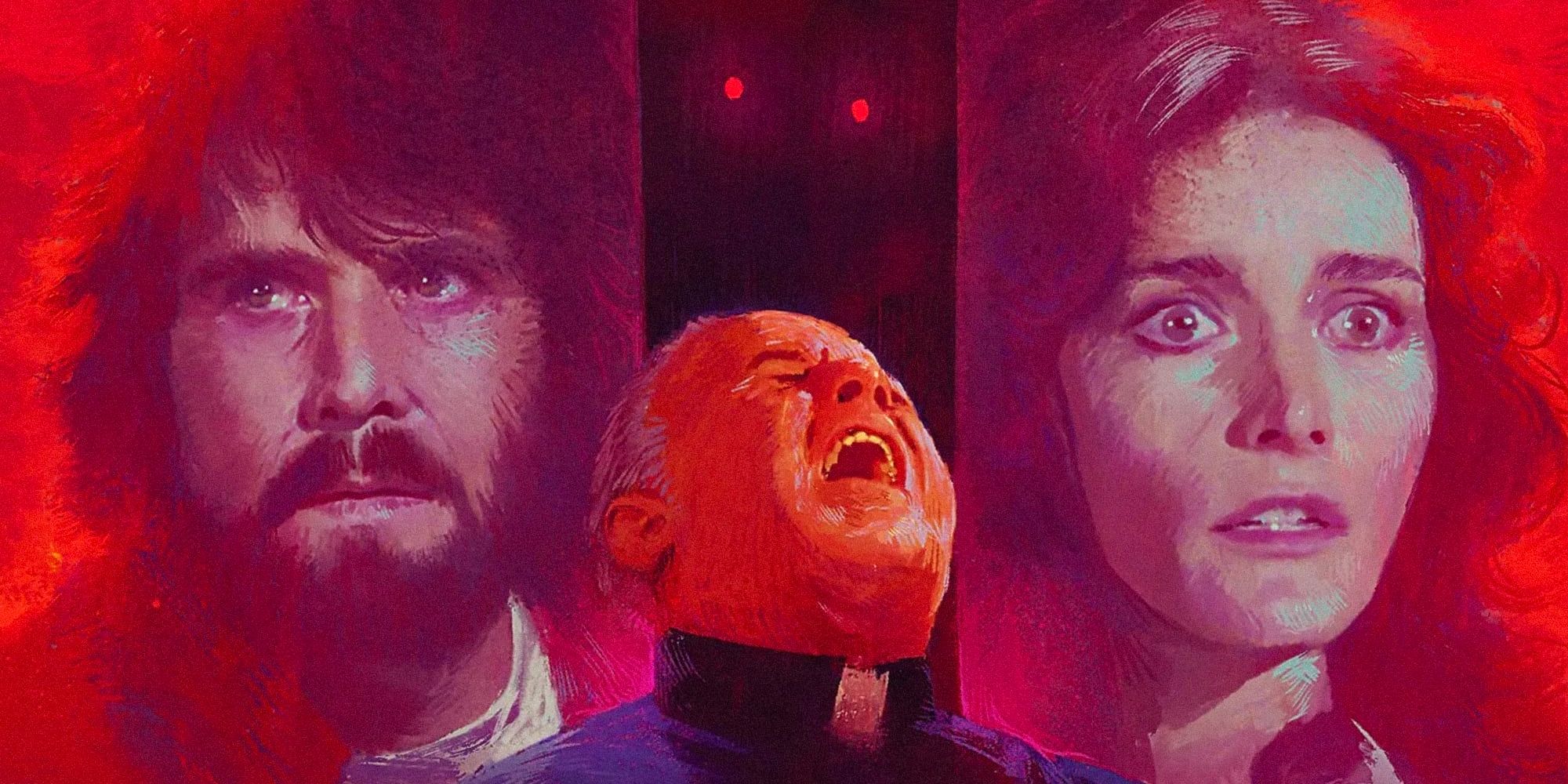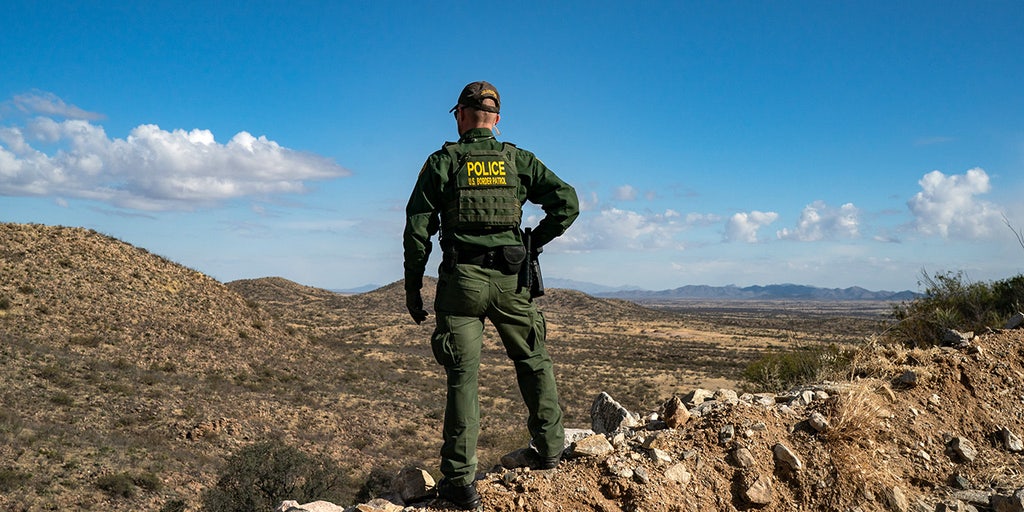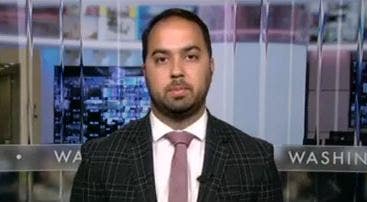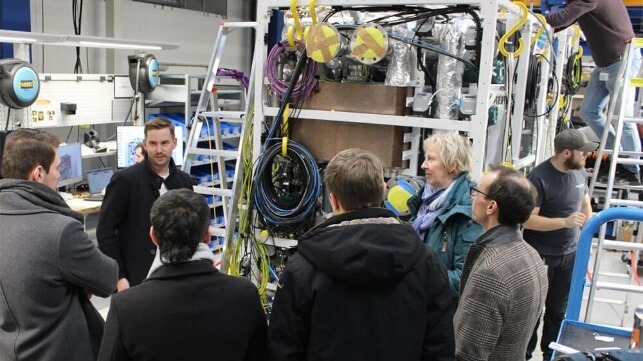The Legacy and Infamy of The Amityville Horror

The Amityville Horror continues to captivate audiences as a horror classic while blurring the lines between real tragedy and sensationalized fiction. Margot Kidder's perspective on the supposed curse highlights the complexities surrounding its infamy.
People are drawn to any edge of truth in a story, especially in horror. A film has extra appeal if it's based on a true story, pulled from long-standing folklore, or boasts a story or set that seems cursed. Our fascination with the macabre on screen easily carries over into a Wikipedia rabbit hole or even lifelong infatuations. This is true on every account for The Amityville Horror.
Released in 1979, The Amityville Horror was an instant classic. Based on a novelization of the same name by Jay Anson, the film had not only the dazzle of a pre-existing supernatural occurrence but the spectacle of true crime. Ghosts and demons are not a measurable tragedy, but the murders committed by Ronald DeFeo Jr. certainly are. With countless rumors of demons and curses in the Amityville home, on the set of Amityville related films, or even long into the personal lives of its stars, what's the verdict? Margot Kidder, the original on-screen Kathy Lutz, thought it was all "hogwash."
Refusing to ruminate on the possibility of a curse, Kidder told The Guardian in 2005, "With any group of people in life, sad things happen, and crazy things, and happy things. When you're in the public eye, it's just amplified, that's all. There's no curse." Kidder's own public mental health struggles are sometimes attributed to an Amityville curse. If some curse was holding her back, she didn't seem to notice. The actress starred in more than 70 films - including horror classic Black Christmas and alongside Christopher Reeve in Superman - and lived openly and unashamed of her challenges. Kidder spent her time doing mental health advocacy work, receiving a Courage in Mental Health award from the California Women's Mental Health Policy Council, and was involved with various political causes in her home state of Montana.
Despite Kidder's assessment, the infamy lives on. The remake of The Amityville Horror added more fuel to the fire. The real Kathy Lutz, who lived in the now infamous home, passed away just before filming began. The remake's star Ryan Reynolds reportedly found himself waking up at 3:15am, the same time his character repeatedly wakes up in the 2005 retread, a detail carried over from the original film. Still, alongside Kidder having no belief in any Amityville curse, the lawyer of DeFeo himself said that he and the Lutzes made it up to sell books. The book itself was found to have many discrepancies before Hollywood could twist and turn the truth.
One glaring falsehood is the claim that the home was on an Indigenous burial ground of the Shinnecock Indian Nation. The Shinnecock did not live in the area of Long Island where the murders and alleged supernatural phenomena took place. Whether this falsehood comes from the Lutz family, their attorney, or the book's author, it's responsible for a trope that plagues a huge amount of horror from the time. While The Amityville Horror is an eerie piece of horror film-making with grounded performances, any truth regarding the Lutz family is at best a game of telephone.
It's time to admit that Margot is right. The mania around the seemingly endless film series overshadows the real tragedy - the six brutal murders committed by Ronald DeFeo Jr. The Amityville incident is now functionally a folk tale. The film itself is already a re-interpretation of the supernatural interpretation. With countless films, books, and alleged experiences connected to the reputation of the house at 112 Ocean Avenue, it's difficult to parse the real from the fake before you ever confront a personal belief (or lack thereof) in the supernatural.
What ultimately needs to be confronted by horror fans and supernatural enthusiasts is the difference between sensationalized fiction and real tragedy worthy of sensitivity and respect. The Amityville Horror serves as a playground for fears about domestic violence, lesser familial conflict, and even homeownership. It doesn't - and shouldn't - need to be considered more than that.




















